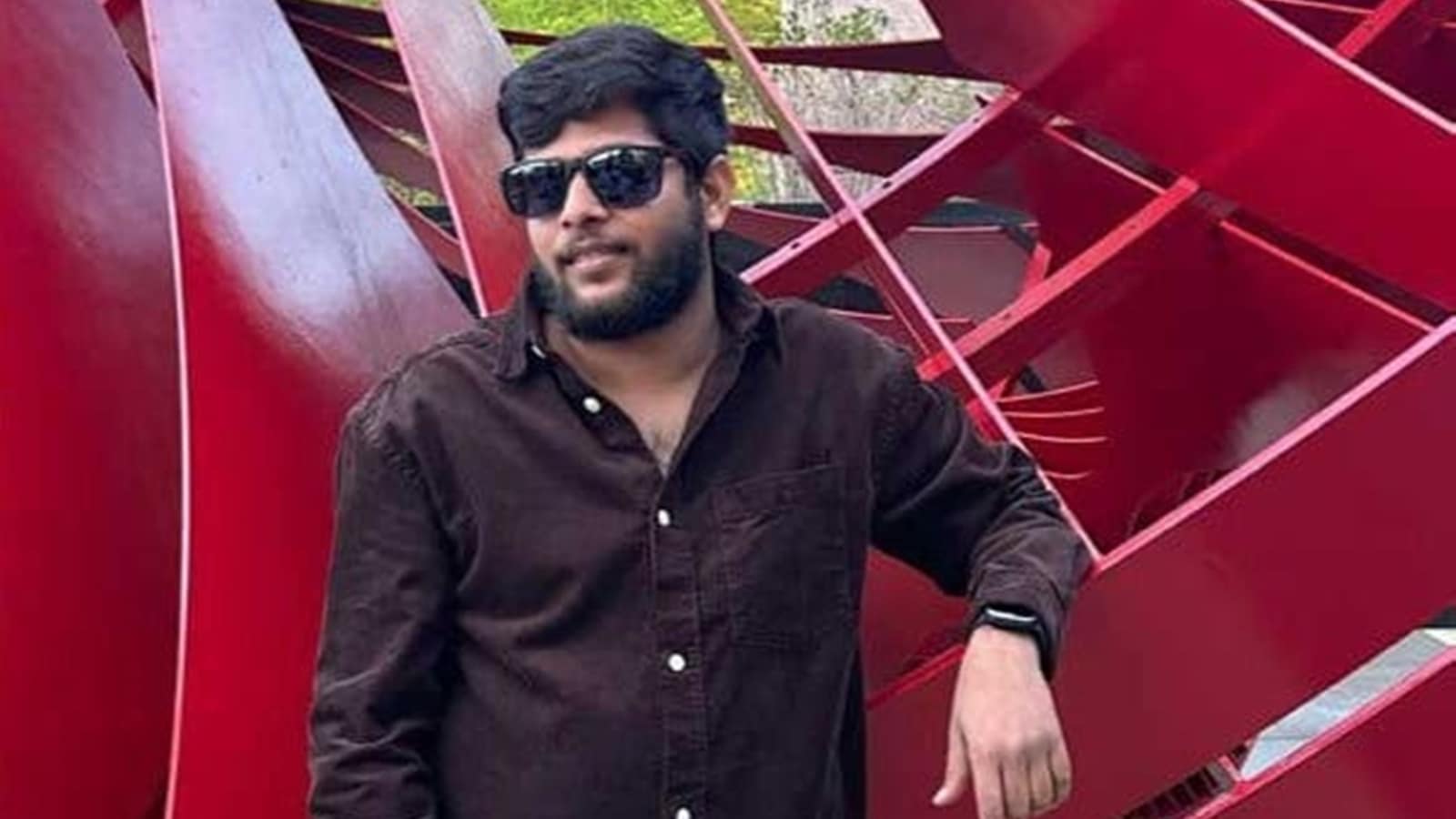 |
|
The tragic news of the death of 26-year-old K Ravi Teja, a student from Hyderabad, India, who was fatally shot in Washington, USA, underscores the vulnerability of international students navigating a foreign environment. Teja’s journey, culminating in such a sudden and violent end, raises critical questions about safety, support systems for international students, and the complexities of navigating life in a new country. While details surrounding the incident remain sparse, the immediate impact on his family, friends, and the Hyderabad community is undeniable. The loss of a young life with such potential is deeply felt, and the circumstances surrounding his death warrant a thorough investigation. The incident serves as a stark reminder of the risks faced by those who choose to pursue education abroad, highlighting the need for improved safety measures and stronger support networks for international students.
The incident also prompts a broader discussion about gun violence in the United States. The ease of access to firearms and the prevalence of gun-related deaths remain a significant concern, impacting not only American citizens but also those who come to the US for education or other purposes. The international community often looks to the US as a beacon of opportunity and education, but incidents like Teja’s death challenge this perception. It is crucial for policymakers and institutions in the US to address the issue of gun violence effectively to ensure the safety and well-being of all residents, including international students. This requires a multifaceted approach, encompassing stricter gun control legislation, improved mental health services, and comprehensive community-based programs aimed at violence prevention.
The outpouring of grief and support from Teja's community in Hyderabad highlights the strong bonds that connect individuals across geographical boundaries. The shared sense of loss transcends national borders, demonstrating the profound impact of this tragedy on those who knew Teja and the wider community. It also underscores the importance of maintaining connections and providing support to those who have lost loved ones in such circumstances. The details of Teja’s life – his aspirations, his academic achievements, and his contributions to his community – need to be remembered and celebrated, even as the world grapples with the grief and shock of his sudden demise. The story serves as a poignant reminder of the value of human life and the importance of fostering supportive environments for those pursuing their dreams, regardless of their nationality or background. Moving forward, a focus on improving safety protocols, strengthening support systems, and addressing the root causes of gun violence is crucial to preventing similar tragedies in the future. The investigation into Teja’s death must be thorough and transparent, bringing closure to his family and ensuring that lessons are learned to improve safety for international students in the United States.
Furthermore, the incident underscores the need for increased communication and cooperation between educational institutions, law enforcement agencies, and consulates to support international students. Creating a safe and secure environment for international students is not solely the responsibility of any one entity, but requires a collective effort. Regular safety briefings, emergency response protocols, and accessible mental health services are vital components of ensuring a supportive environment. In addition, fostering a sense of community and belonging among international students can play a significant role in reducing feelings of isolation and vulnerability. International student organizations and peer support networks can provide valuable resources and a sense of connection in a foreign land. By working together, these stakeholders can create a safer and more welcoming environment for international students, allowing them to pursue their educational goals without the constant fear of violence or harm.
Ultimately, the death of K Ravi Teja serves as a wake-up call. It highlights the need for a comprehensive approach to ensuring the safety and well-being of international students, addressing the underlying issues of gun violence, and fostering stronger support networks. The tragedy should not be in vain. Instead, it should serve as a catalyst for meaningful change, ensuring that future generations of international students can pursue their educational aspirations in a safe and supportive environment. The memories of Teja and his bright future should be a constant reminder of the importance of striving towards a world where such tragedies are less likely to occur.
